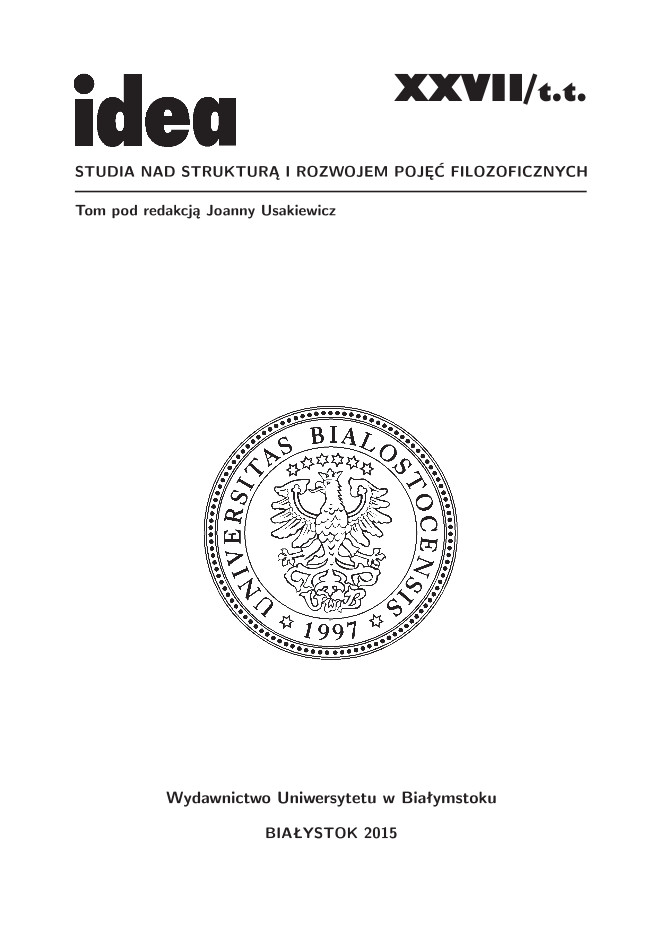Tomasza Hobbesa koncepcja prawa a współczesny „miękki” pozytywizm prawniczy
Thomas Hobbes’s Concept of Law and Modern “Soft” Legal Positivism
Author(s): Katarzyna DoliwaSubject(s): Philosophy, History of Philosophy, Special Branches of Philosophy, Early Modern Philosophy, Philosophy of Law
Published by: Wydawnictwo Uniwersytetu w Białymstoku
Keywords: Hobbes; law; modern “soft” legal positivism
Summary/Abstract: Thomas Hobbes is an early precursor of legal positivism, a system which achieved full shape only in the nineteenth century. Mature positivism was fully self-sufficient, not looking for justification other than itself, and any gaps in the law were resolved on the basis of analogy and references to the principles of a higher order. A classical positivist consistently defended the thesis of a clear separation of law and moral systems. Unlike his orthodox nineteenth-century successors, Hobbes sought reasons for the positive law in the laws of reason, which he called laws of nature. When formed by a creative human effort, positive law fails, in an unusual case the judge can, according to Hobbes, refer to laws of nature. The political-legal system of Hobbes differed markedly from the classical positivism. It has an affinity with one of his today’s version, called “soft” positivism, which admits that there are certain significant relationships between law and morality systems. Especially close to Hobbesian theory is Hart’s concept concerning “minimum content of natural law”, formulated by analyzing human nature and man’s place in society. The legal system of Hobbes and Hart’s ideas arise from the same deep utilitarian grounds.
Journal: Idea. Studia nad strukturą i rozwojem pojęć filozoficznych
- Issue Year: 1/2015
- Issue No: XXVII
- Page Range: 271-283
- Page Count: 13
- Language: Polish

